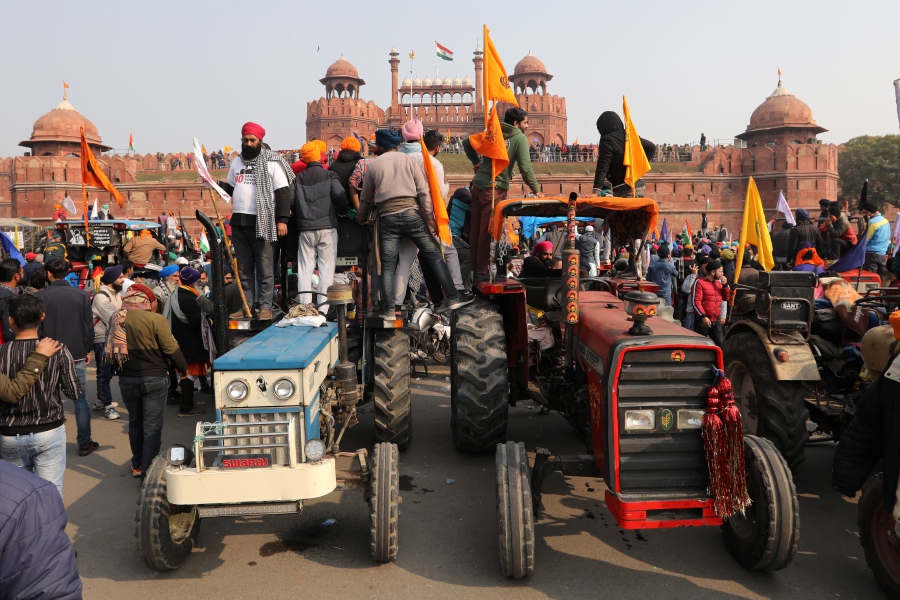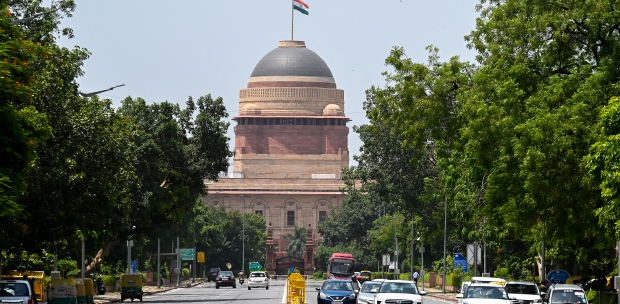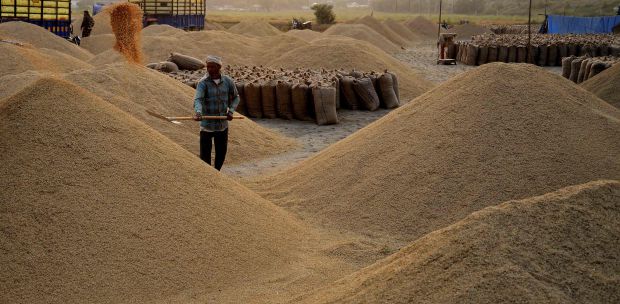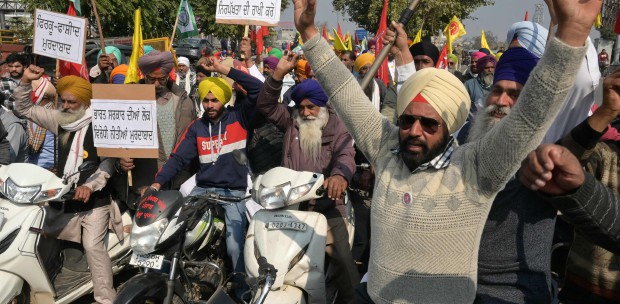What do you get when you cross imperialism with corporate greed? East India Company (EIC), is an answer from India.
With one difference, though. If imperial Britain of old ruled India from London, the modern day EICs are controlling not only India, but also the rest of the developing world from Washington, Ottawa, Canberra and other neocolonial political capitals. Nowhere is this more evident than in agriculture.
The Indian farmers' protest that began in August 2020 wasn't just a revolt against Delhi's farming legislation, but also against born-again EICs. No, it's not just a Delhi disease. It can be a Malaysian malady, too, though our farmers aren't as sizeable as the Indian ones. We do not need 700 million farmers to be dictated to by the neocolonial capitals.
Ours is a minuscule million, give or take a thousand or two. But for Big Agriculture, a minuscule is a beginning of a mountain. Putrajaya must keep a keen eye on our agriculture sector. India tells us why.
There, according to Monica Gill of the London-based Sikh Human Rights Group, neocolonial capitals with corporate greed in tow (with great help from Delhiwallas with monopolistic tendencies) are pushing the government to remove subsidies for farmers. They succeeded for a year and a bit when they got Delhi to pass three pieces of legislation that did away with such subsidies.
Prime Minister Narendra Modi withdrew the legislation on Nov 19, but that's another story. The ostensible reason, as told by Gill in her op-ed in Al Jazeera, is to "modernise" India's agricultural sector. But buried somewhere there, was the pressure from the World Trade Organisation (WTO) and EICs to open India's agricultural sector to international corporations.
Subsidies, for some strange reason, are always trounced in a developed world-sponsored debate. Are subsidies always wrong? No, it depends. Consider the dire situation of the Indian farmers who make up 60 per cent of the population. With farms averaging 0.8ha, cost of production tends to be high. Often, they are forced to sell their produce at a loss. This isn't sustainable. Indian farmers need a minimum support price.
Support price is no different from the stimulus package in the post-pandemic world. Isn't it a subsidy by another name? Isn't it taxpayers' money, too? If The Economist is right in its estimate, the global total spend on economic stimulus was US$11 trillion, a monumental mountain of money. Why isn't there a hint of a noise against such subsidies to businesses? Why not let such businesses die off, like they are making the Indian farmers die off?
Gill has an answer: EIC and its free market capitalism. Let's be blunt. There is no such thing as a free market economy to begin with. Nowhere in the 200 countries and territories in the world is there a "market" that is "free". Regulation-free "market" is an economic impossibility.
The WTO's pressure and the International Monetary Fund's conditionality attached to loans are reasons enough why "free" isn't free. Economists everywhere know this, but the greed for money keeps the Milton Friedman fiction of a free market going from Chicago to Vienna.
The plot — forgive the pun — is to kill off small farmers and force the developing world to import foodstuff from Big Agriculture. Washington, Ottawa or Canberra will not save the Indian or Malaysian farmers, but Delhi or Putrajaya can. It must.





